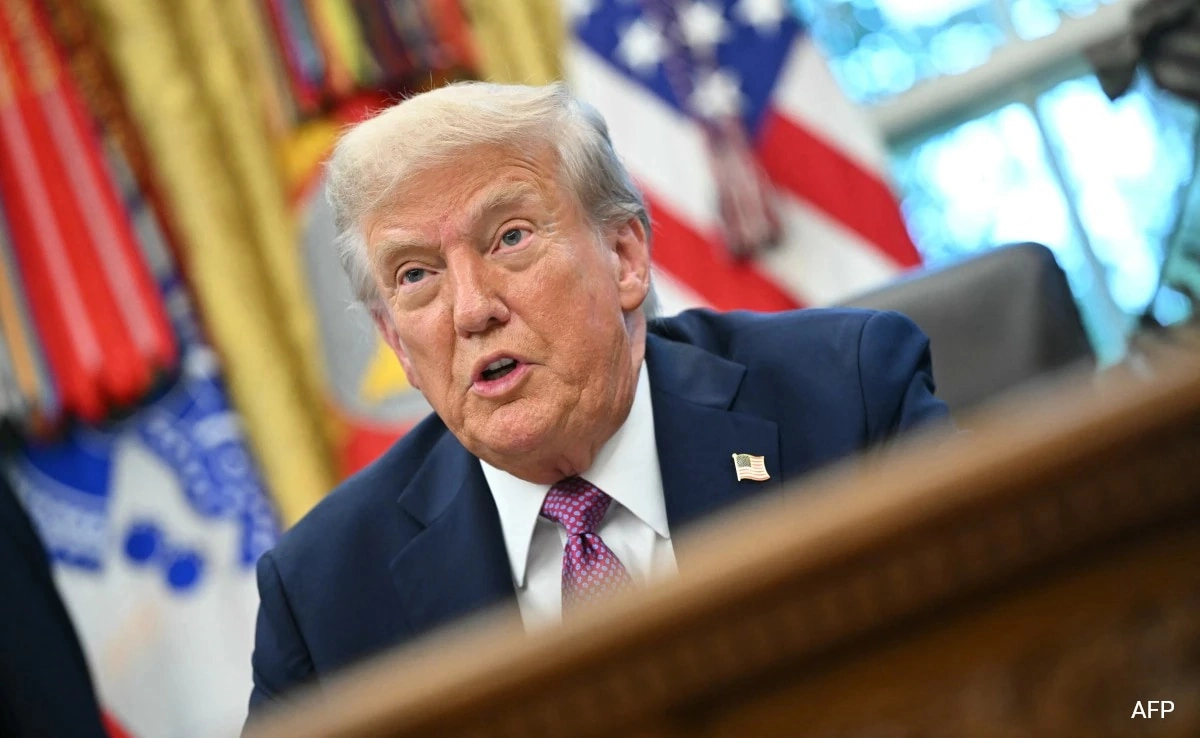Former President Donald Trump’s recent announcement regarding autism has sparked significant media attention, drawing parallels to his controversial statements during the COVID-19 pandemic. Trump, who has often positioned himself as an outsider challenging established norms, made headlines again with his remarks about autism. His assertion that he is “not a doctor” when discussing the condition reflects a common theme in his rhetoric: a tendency to express opinions on complex medical issues without the backing of scientific consensus. This has raised eyebrows among health professionals and advocates for individuals with autism, who are wary of his influence on public perception and policy.
The echoes of Trump’s previous handling of the COVID-19 crisis are unmistakable. During that time, he frequently shared unverified information and downplayed the severity of the pandemic, leading to widespread confusion and mistrust. Similarly, his comments on autism could contribute to misinformation about the condition, further complicating the conversation surrounding it. Critics argue that his lack of medical expertise undermines the serious nature of autism and can perpetuate stigma, potentially affecting the lives of individuals and families dealing with the disorder.
Moreover, Trump’s approach to discussing sensitive health issues often seems to prioritize sensationalism over accuracy. As a public figure, his words carry weight, and his casual dismissal of medical expertise can have lasting repercussions. As we reflect on his autism announcement, it becomes crucial to consider the broader implications of his statements, particularly in a landscape where misinformation can spread rapidly. Advocates for autism awareness and research are concerned that such rhetoric might derail efforts to promote understanding and support for those affected by the condition.
In a world grappling with the impact of misinformation, the responsibility lies not just with public figures but also with the media and society at large to hold them accountable. As we navigate these conversations, it is essential to prioritize credible information and to foster an environment where individuals with autism and their experiences are treated with respect and understanding. The echoes of Trump’s past comments on COVID-19 serve as a reminder of the importance of informed dialogue in public health discussions, especially when it comes to conditions that affect millions of lives.




